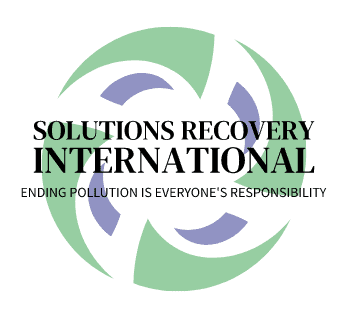ISO-14001 Training
Air Permitting & Annual Reporting
ISO 14001 is the world’s most recognized framework for environmental management systems (EMS) – implemented from Argentina to Zimbabwe – that helps organizations both to manage better the impact of their activities on the environment and to demonstrate sound environmental management.
ISO 14004 which complements ISO 14001 by providing additional guidance and useful explanations.Environmental audits are important tools for assessing whether an EMS is properly implemented and maintained. The auditing standard, ISO 19011, is equally useful for EMS and quality management system audits.
ISO 14005 will provide guidelines for the phased implementation of an EMS to facilitate the take-up of EMS by small and medium-sized enterprises. It will include the use of environmental performance evaluation.
ISO 14006 will provide guidelines on eco-design.addresses not only the environmental aspects of an organization’s processes, but also those of its products and services. Therefore SRI has developed additional tools to assist in addressing such aspects.
ISO 14067 on the carbon footprint of products will provide requirements for the quantification and communication of greenhouse gases (GHGs) associated with products. The purpose of each part will be to: quantify the carbon footprint (Part 1); and harmonize methodologies for communicating the carbon footprint information and also provide guidance for this communication (Part 2).
ISO 14045 will provide principles and requirements for eco-efficiency assessment. Eco- efficiency relates environmental performance to value created. The standard will establish an internationally standardized methodological framework for eco-efficiency assessment, thus supporting a comprehensive, understandable and transparent presentation of eco-efficiency measures.
ISO 14051 will provide guidelines for general principles and framework of material flow cost accounting (MFCA). MFCA is a management tool to promote effective resource utilization, mainly in manufacturing and distribution processes, in order to reduce the relative consumption of resources and material costs.
ISO 14063 on environmental communication guidelines and examples, helps companies to make the important link to external stakeholders.
ISO 14064 parts 1, 2 and 3 are international greenhouse gas (GHG) accounting and verification standards which provide a set of clear and verifiable requirements to support organizations and proponents of GHG emission reduction projects.
ISO 14065 complements ISO 14064 by specifying requirements to accredit or recognize organizational bodies that undertake GHG validation or verification using ISO 14064 or other relevant standards or specifications
ISO 14069 will provide guidance for organizations to calculate the carbon footprint of their products, services and supply chain.
ISO 14066 will specify competency requirements for greenhouse gas validators and verifiers.
ISO 14020 series of standards addresses a range of different approaches to environmental labels and declarations, including eco-labels (seals of approval), self-declared environmental claims, and quantified environmental information about products and services.
ISO Guide 64 provides guidance for addressing environmental aspects in product standards. Although primarily aimed at standards developers, its guidance is also useful for designers and manufacturers.

